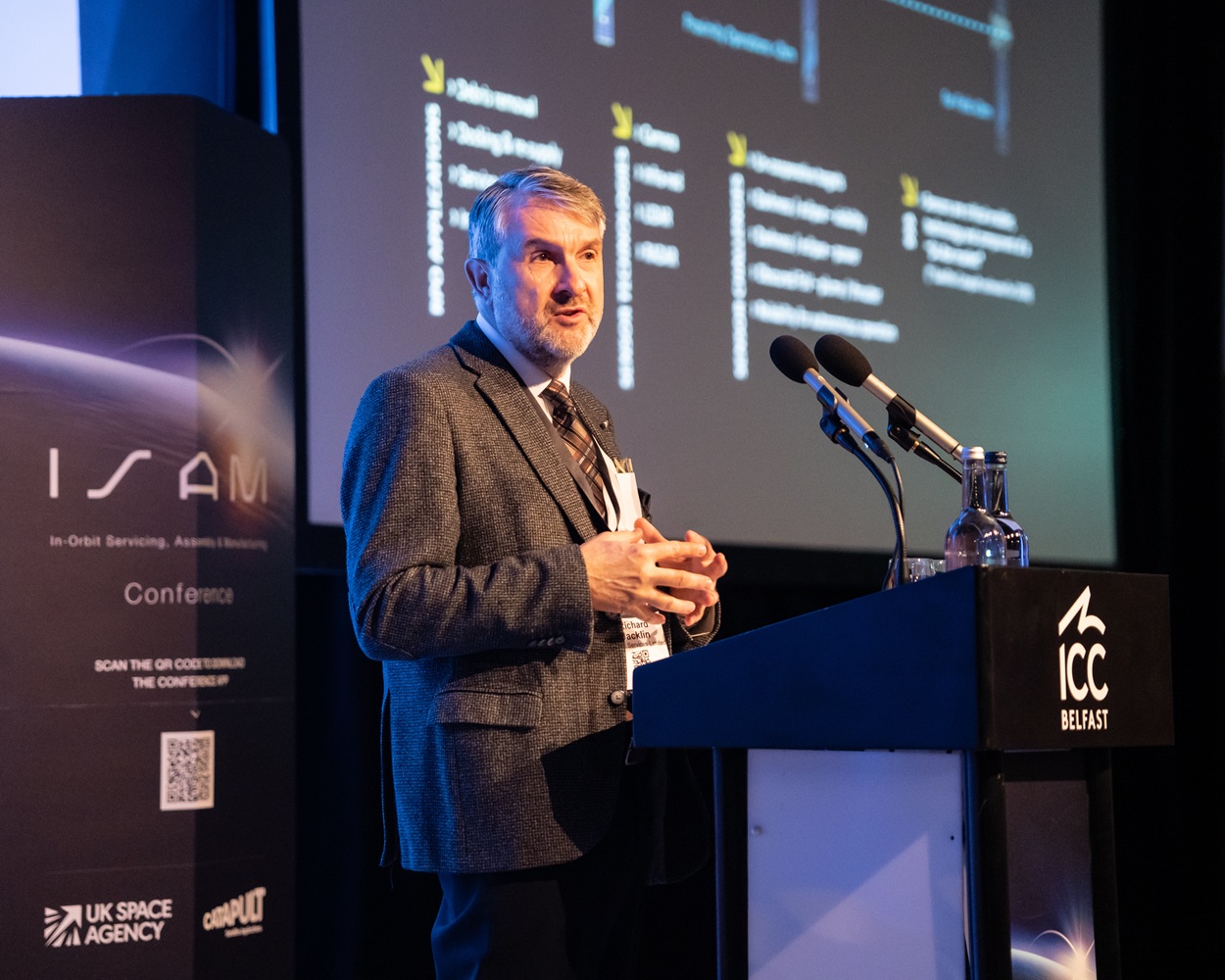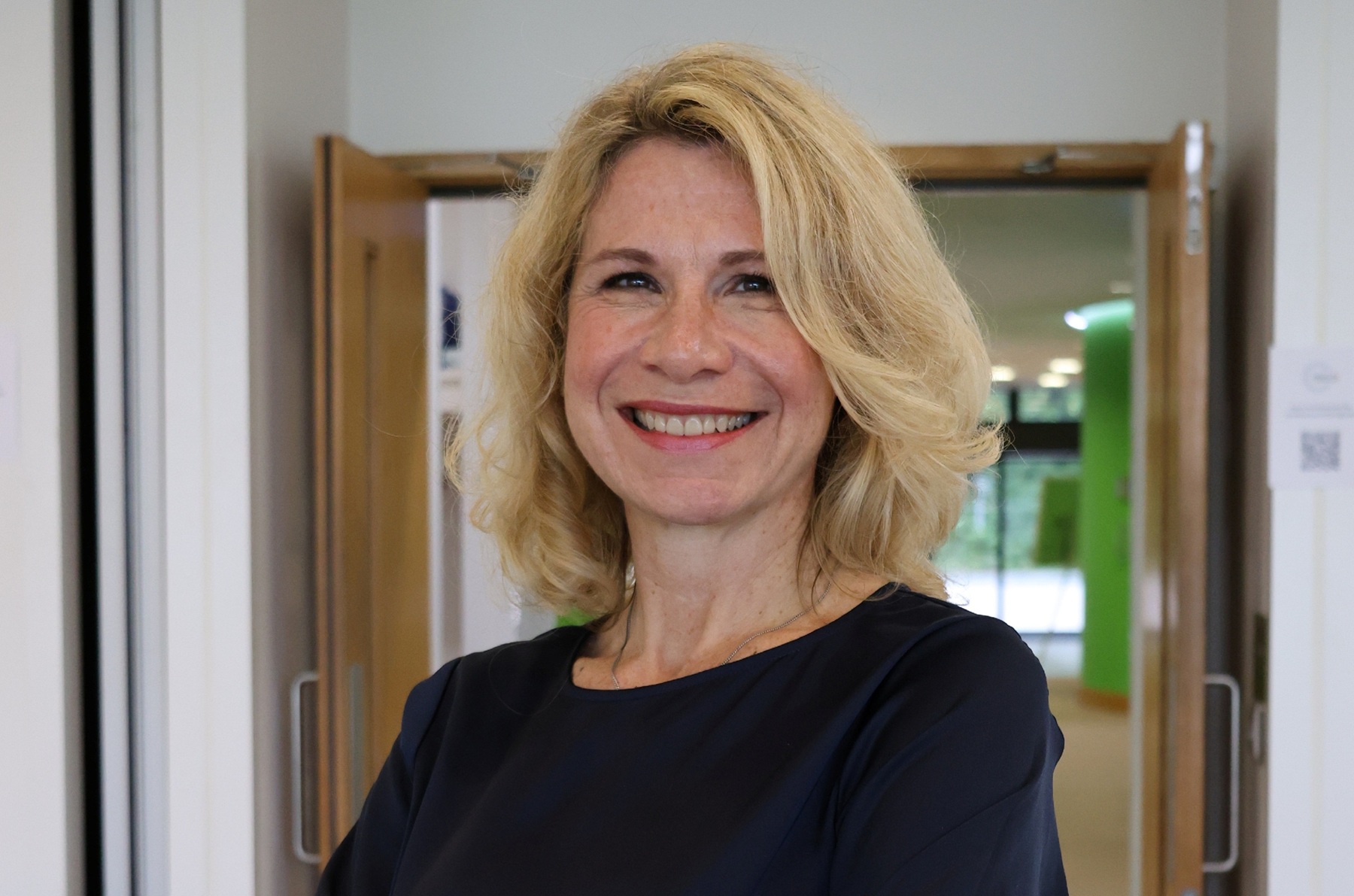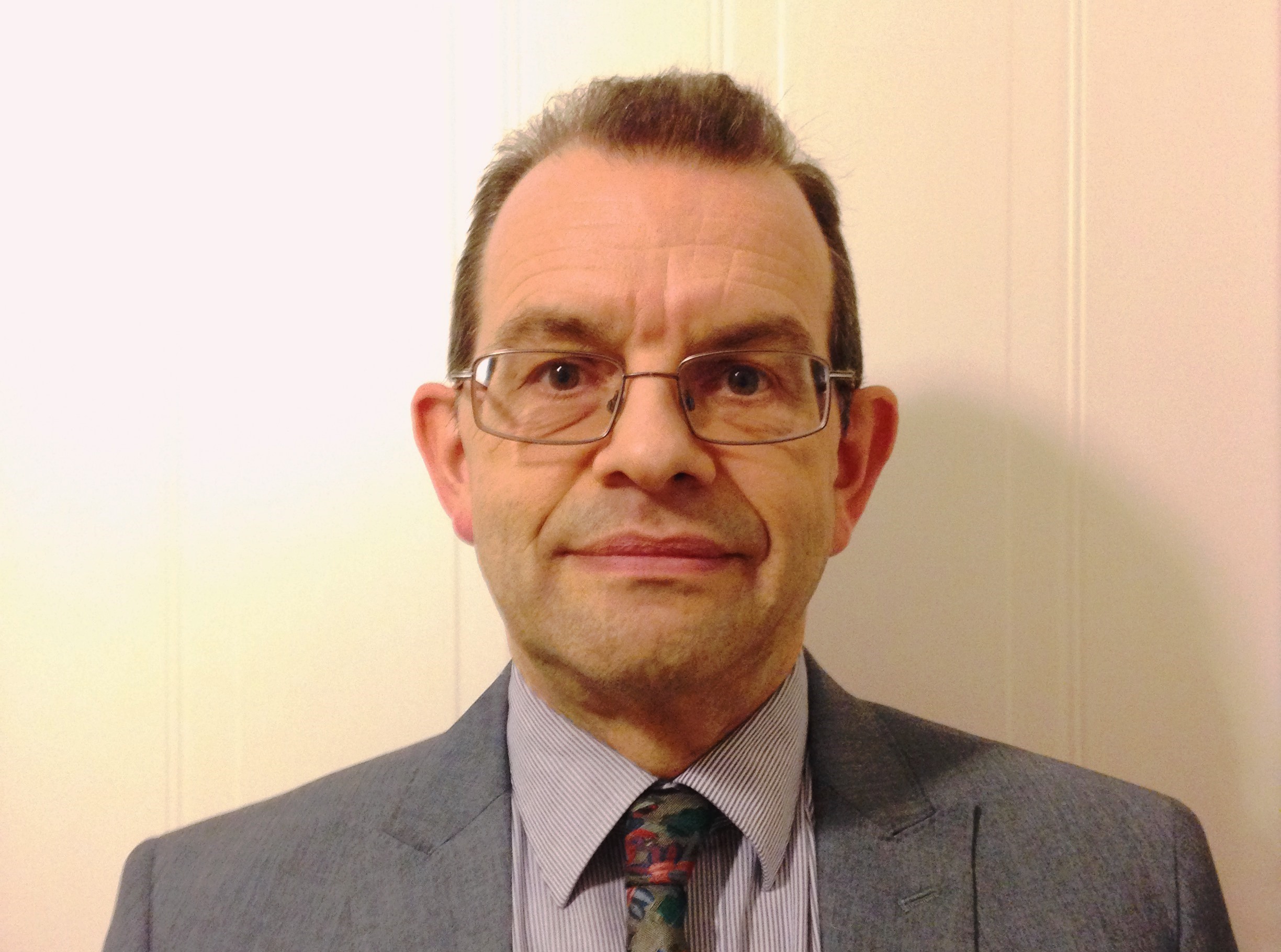Making history in the Mojave
 Ten years ago, early in the morning of June 21, 2004, the first ever private astronaut-pilot boarded the world’s first privately-built spaceship, and blasted off into outer space. For those of us gathered in the Mojave Desert to watch the flight, it was a suspenseful and ultimately joyous event, a day we’d always remember and an experience we’ll tell our children and our grandchildren about many years from now. For millions of space enthusiasts around the world, it was a sign that finally, after all of these years, the space frontier was truly opening.That remarkable first flight and the ones that followed later in the year, gave birth to Virgin Galactic and started the journey to create the world’s first commercial spaceline.
Ten years ago, early in the morning of June 21, 2004, the first ever private astronaut-pilot boarded the world’s first privately-built spaceship, and blasted off into outer space. For those of us gathered in the Mojave Desert to watch the flight, it was a suspenseful and ultimately joyous event, a day we’d always remember and an experience we’ll tell our children and our grandchildren about many years from now. For millions of space enthusiasts around the world, it was a sign that finally, after all of these years, the space frontier was truly opening.That remarkable first flight and the ones that followed later in the year, gave birth to Virgin Galactic and started the journey to create the world’s first commercial spaceline.
That vehicle, SpaceShipOne, now hangs in the Milestones of Flight hall at the Smithsonian’s Air and Space Museum. As amazing proof-of-concept vehicle, it had defied the conventional expertise about what was possible in human spaceflight. Not only had it worked and captured the imagination of millions, it had demonstrated that human spaceflight could be done affordably—after all, SpaceShipOne went from a drawing on a napkin through multiple flights into space and into the Smithsonian for about $30 million, a fraction of the estimated cost of a single flight of NASA’s space shuttle. And affordable space access is the key thing that had previously been missing; that last, intimidating barrier between the present and an exciting future where all of us who want to go to space can go to space.
When Richard (Branson) announced that he had licensed the technologies behind SpaceShipOne and was creating a new company called Virgin Galactic that would sell tickets to space, my wife and I immediately knew what to do. We are both lifelong space enthusiasts – we first met at a UN space conference – and had spent our lives working towards a chance to help others explore space and to go to space ourselves. Though the cost of the tickets were high for a young couple, the decision to buy a ticket was an easy one. We signed up almost immediately and had the honour of joining Sir Richard on stage a few months later to announce our intention to fly.
In the coming years, we met thousands of other people eager to buy their tickets. As the executive director of the National Space Society, a grassroots space advocacy organisation, I worked every day with talented and passionate individuals who, like my wife and I, had spent our lives longing to travel to space. All were incredibly eager for that first flight.
Later, I had the honour of becoming the Chief of Staff at NASA, serving my country and the space agency I have loved my whole life. Working alongside some of the brightest and hardest-working men and women I have ever had the pleasure of meeting, I saw firsthand how difficult it is to explore space – and how inspiring it is when those challenges are overcome.
In 2011, I decided to leave that dream job at NASA so that I could more directly tackle that problem of democratising space by becoming the CEO of Virgin Galactic and our manufacturing organisation, The Spaceship Company. In the three and a half years since joining Virgin Galactic, I have had the opportunity to celebrate some amazing milestones – our first supersonic, rocket-powered flight; the moment when we cross the threshold of having sold more tickets to space than the total number of all of those who have been to space throughout human history; and many more. I’ve also had my share of frustrations as, like every other group that’s ever tried to slip the bonds of gravity, we’ve wrestled with technical challenges and other obstacles to achieving our goals.
However, what’s amazed me the most throughout this journey is the immense amount that has been accomplished to build not just a spaceship but rather the world’s first spaceline. Coming from the space industry, I knew that rocket propulsion and aerodynamics were challenging problems that demanded the absolute best talent. My colleagues and friends have taught me that solving those two problems is simply not enough.
Here at Virgin Galactic, we spend so much of our time focused on the future but celebrating our past successes and learning from our past challenges is a critical part of our mission to open the space frontier. So today we salute this historic anniversary as we set the stage for the amazing things that will happen in the coming months.














